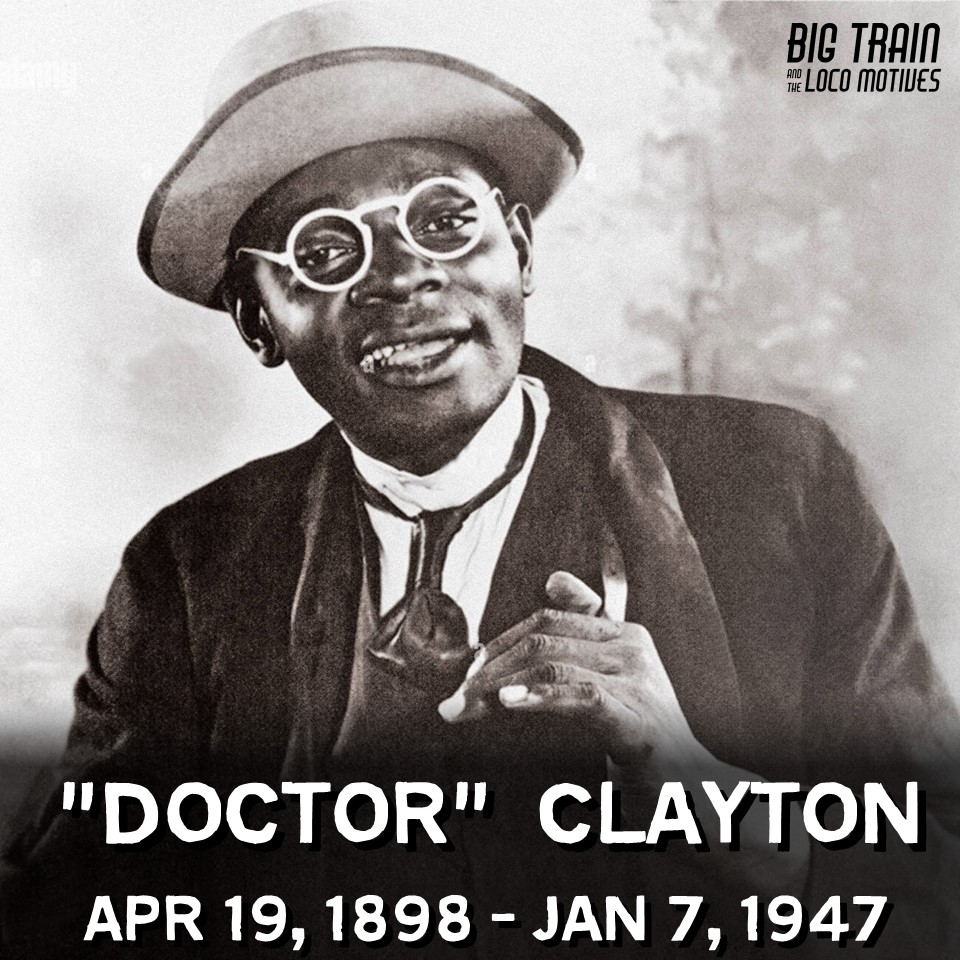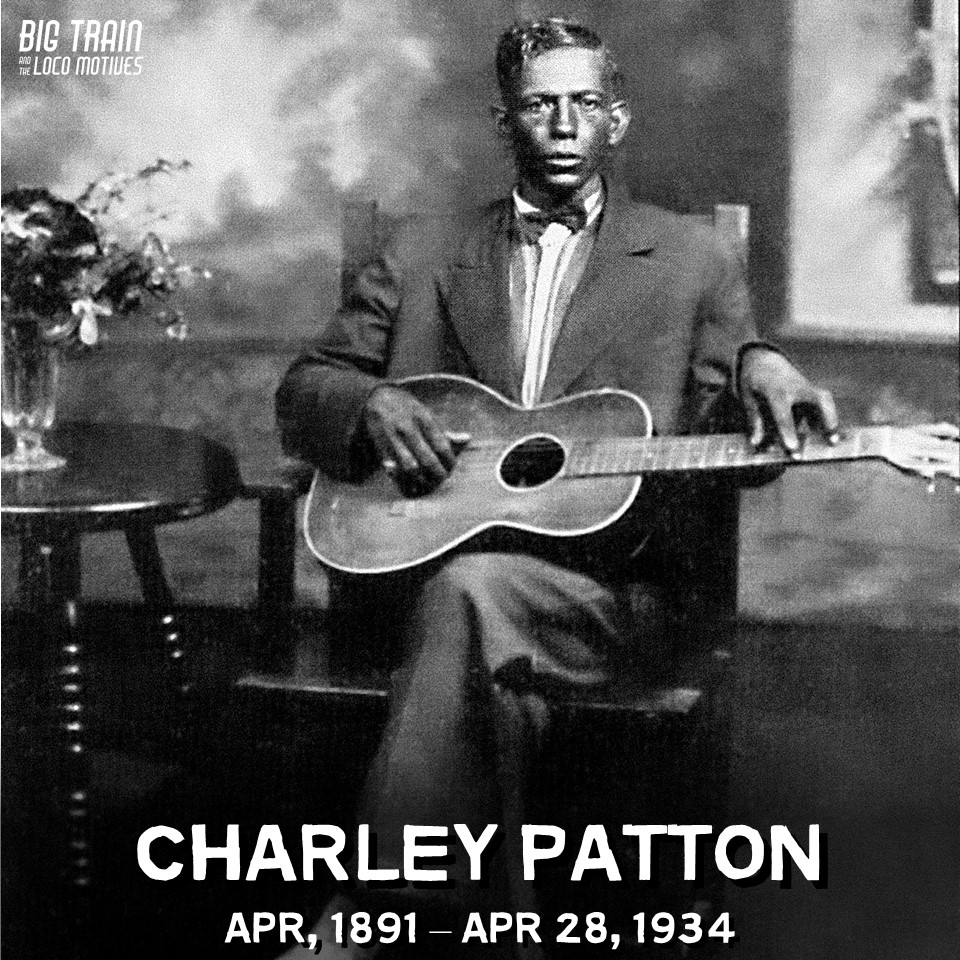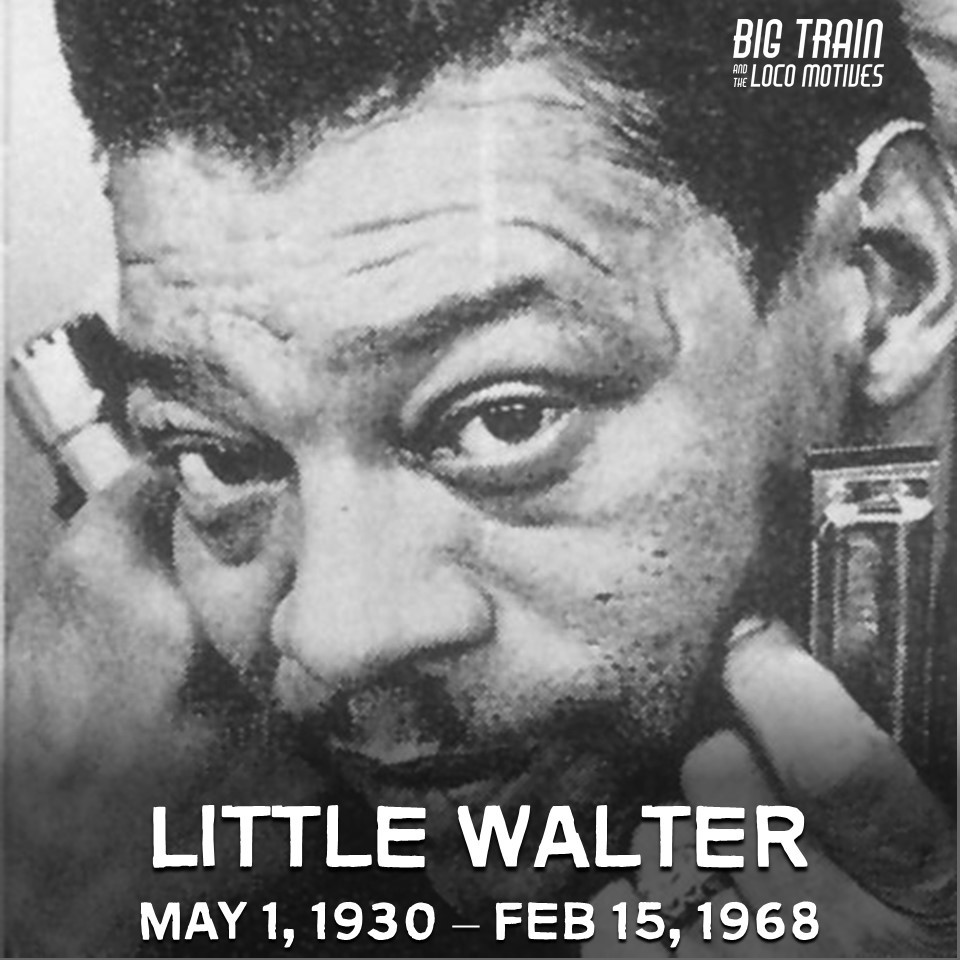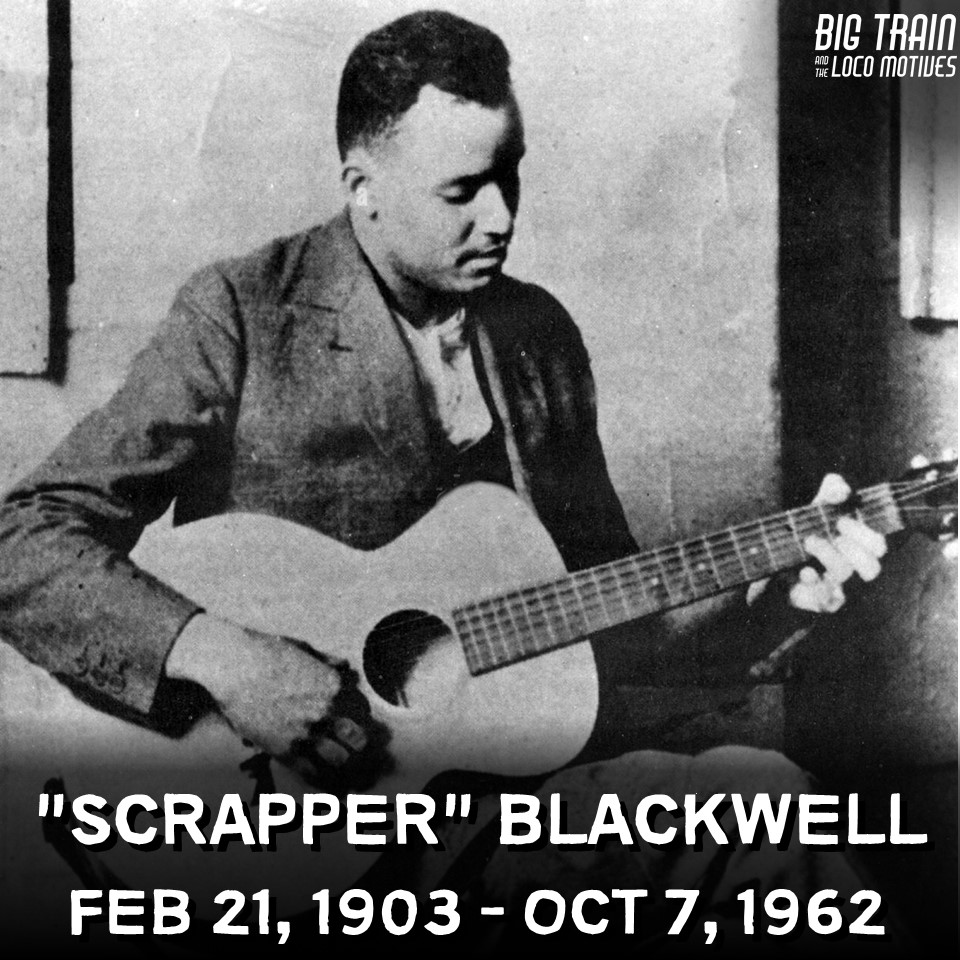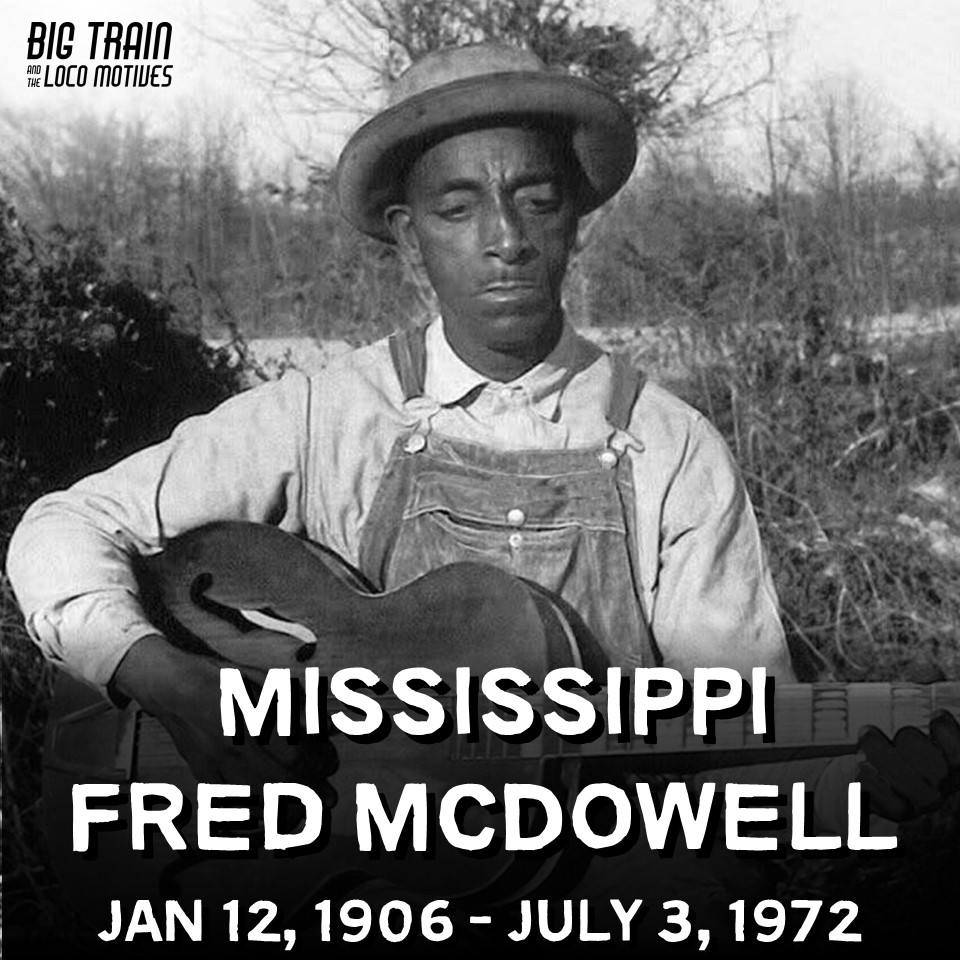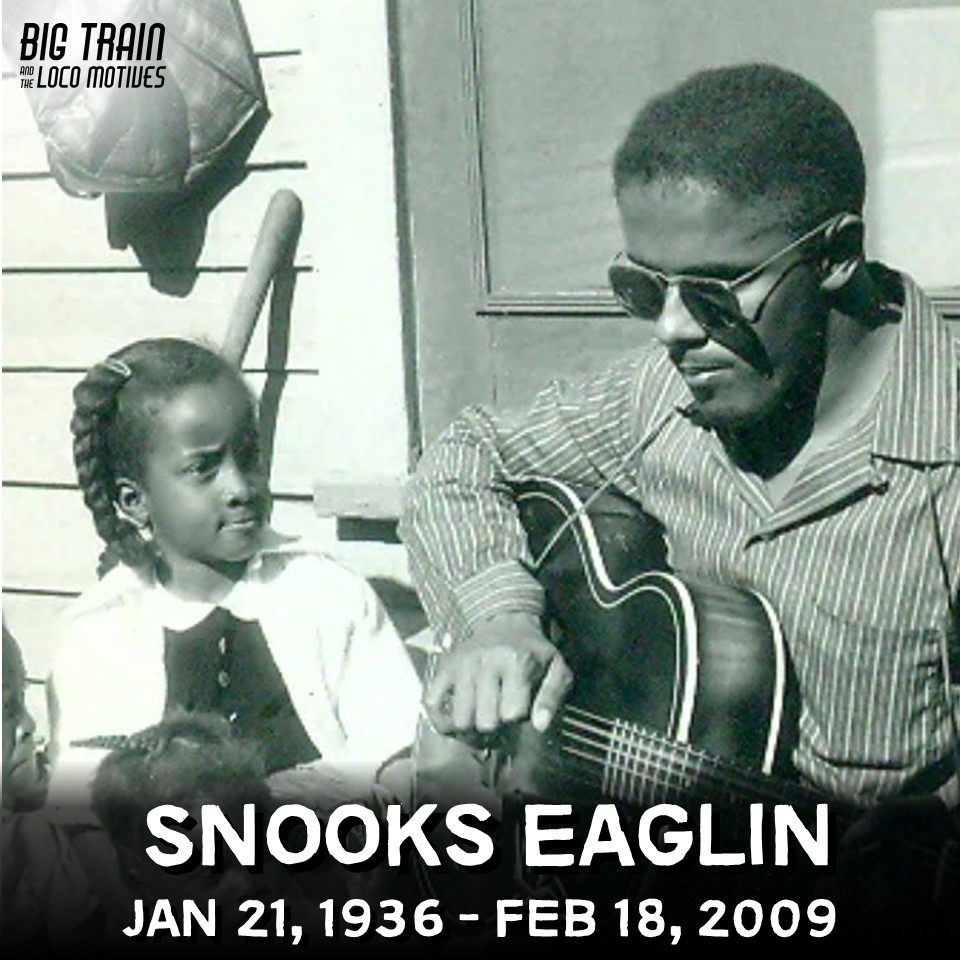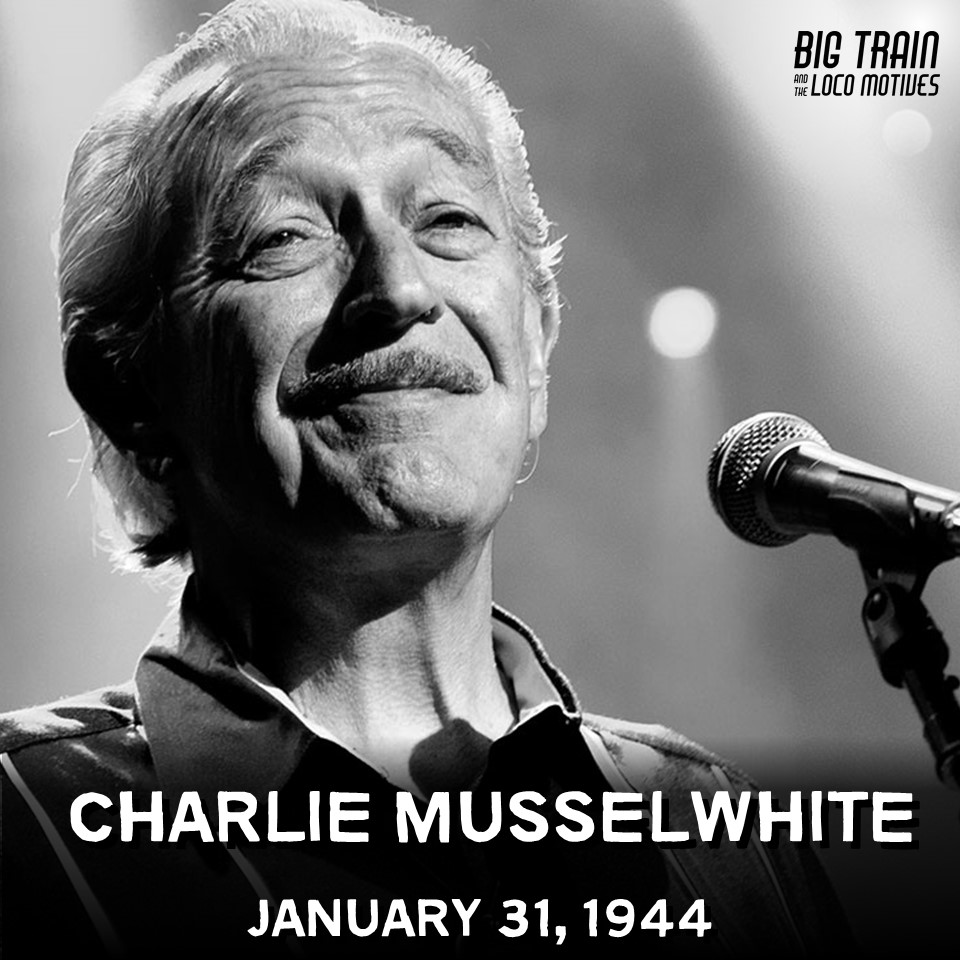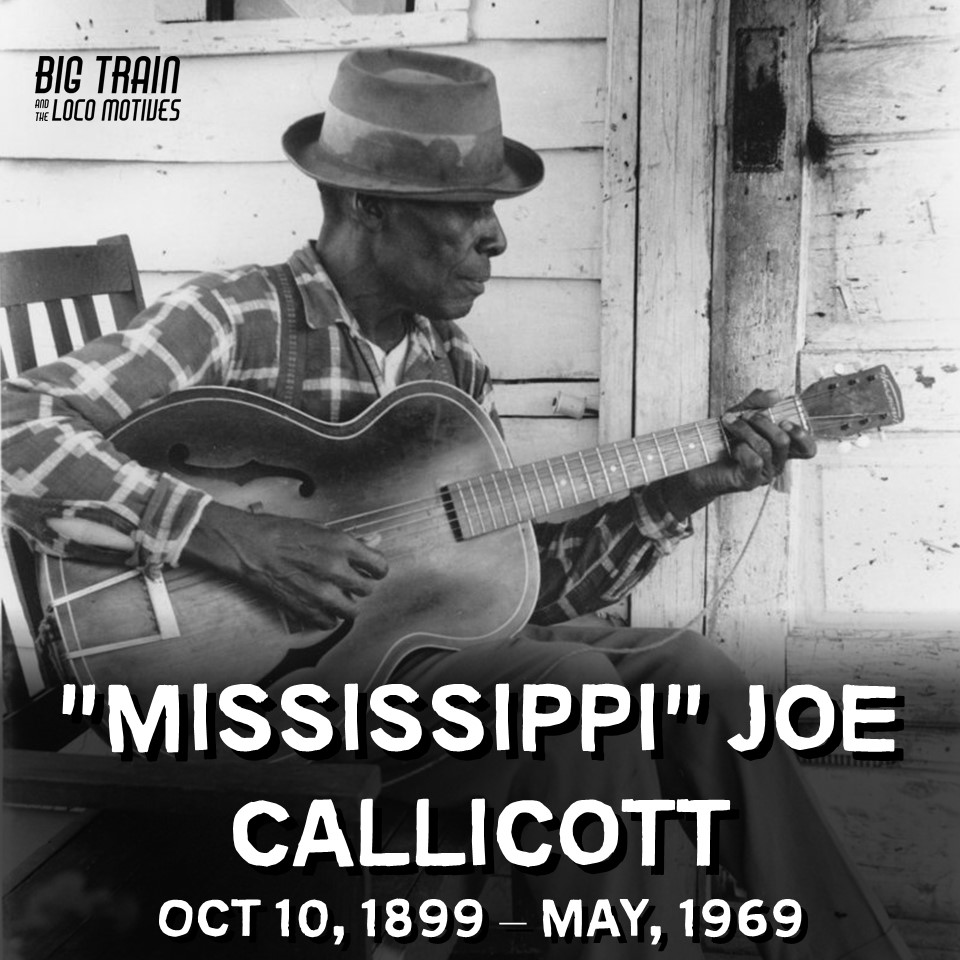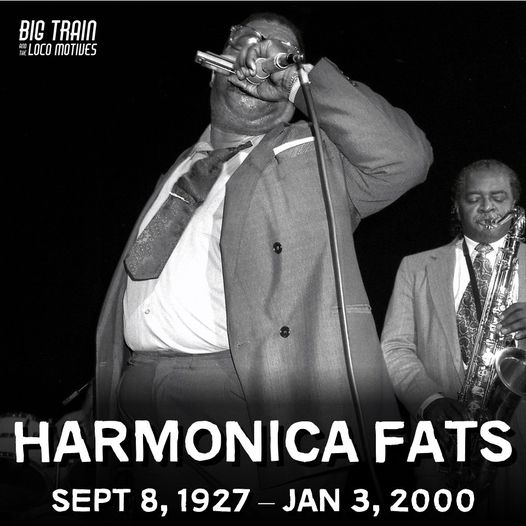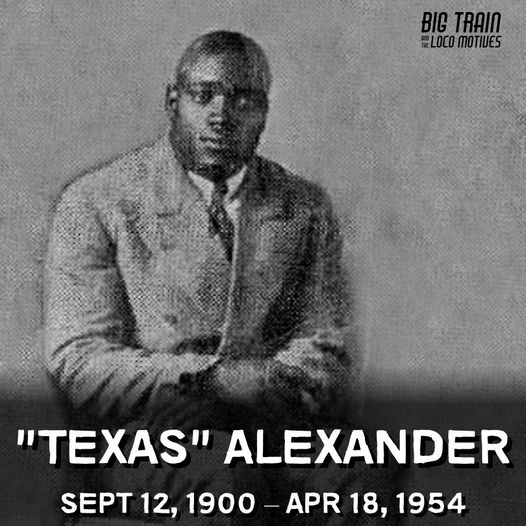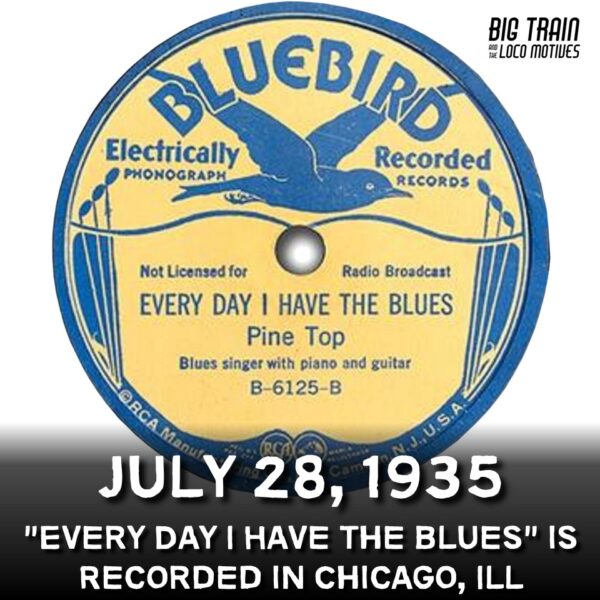
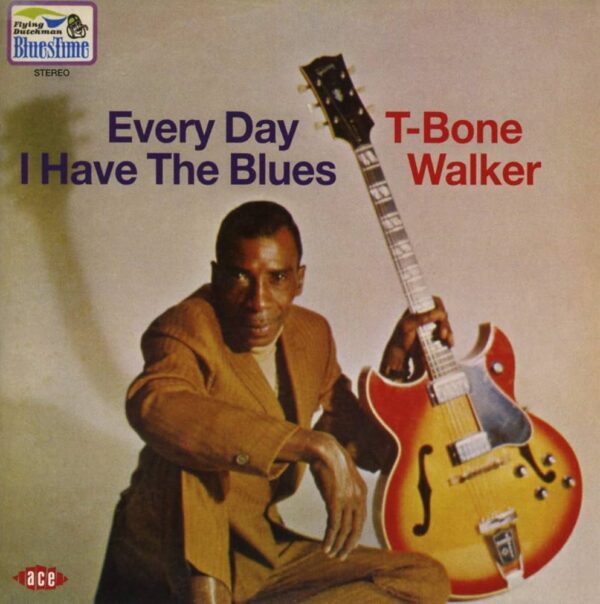 HEY LOCO FANS – The blues song “Every Day I Have the Blues” was recorded July 28, 1935 by Pinetop Sparks with Henry Townsend on guitar. It was first performed in the taverns of St. Louis by brothers Pinetop and Milton Sparks.
HEY LOCO FANS – The blues song “Every Day I Have the Blues” was recorded July 28, 1935 by Pinetop Sparks with Henry Townsend on guitar. It was first performed in the taverns of St. Louis by brothers Pinetop and Milton Sparks.
After a reworking of the song by Memphis Slim in 1949, it became a blues standard with renditions recorded by numerous artists. Four different versions of “Every Day I Have the Blues” have reached the Top Ten of the Billboard R&B chart and two—one by the Count Basie Orchestra with Joe Williams and one by B.B. King—have received Grammy Hall of Fame Awards. In 2019, the latter version was inducted into the Blues Foundation Hall of Fame as a “Classic of Blues Recording”.
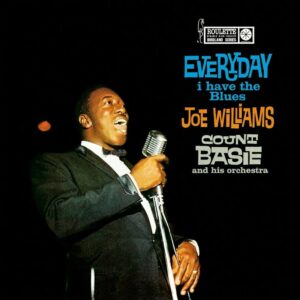 Memphis Slim recorded the reworked song as “Nobody Loves Me”. Although he used the Sparks brothers’ opening verse, he rewrote the remainder of the lyrics:
Memphis Slim recorded the reworked song as “Nobody Loves Me”. Although he used the Sparks brothers’ opening verse, he rewrote the remainder of the lyrics:
Nobody loves me, nobody seems to care (2×)
Speaking of bad luck people, you know I’ve had my share
Lowell Fulson adapted Memphis Slim’s arrangement and that version spent twenty-three weeks in the R&B chart, reaching number three in 1950.
Jazz singer Joe Williams had hits with two different recordings of the song, one in 1953 and one in 1955.
 Also in 1955, B.B. King recorded “Every Day I Have the Blues”. The song was recorded at Capitol Records’ old studio on Melrose Avenue in Hollywood. It appears on several King albums, including his first, Singin’ the Blues (1957). The song became an important piece in King’s repertoire.
Also in 1955, B.B. King recorded “Every Day I Have the Blues”. The song was recorded at Capitol Records’ old studio on Melrose Avenue in Hollywood. It appears on several King albums, including his first, Singin’ the Blues (1957). The song became an important piece in King’s repertoire.
“Every Day I Have the Blues” received two Grammy Hall of Fame Awards: Count Basie with Joe Williams’ 1955 version “Every Day (I Have the Blues)” in 1992; and B.B. King’s 1955 version “Every Day I Have the Blues” in 2004. Subsequently, a variety of artists have recorded the song. In 2019, the Blues Foundation inducted “Every Day I Have the Blues” into the Blues Hall of Fame as a “Classic of Blues Recording”.
B.B. King – Everyday I Have The Blues (Live)
The song became an important piece in King’s repertoire and live recordings are included on Live at the Regal (1965) and Live in Cook County Jail (1971).

